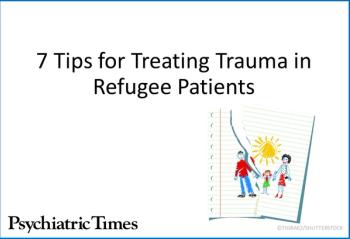
Many refugees have been victims of severe violence that has profoundly affected their physical, psychological, and spiritual lives. Take home points here.

Many refugees have been victims of severe violence that has profoundly affected their physical, psychological, and spiritual lives. Take home points here.
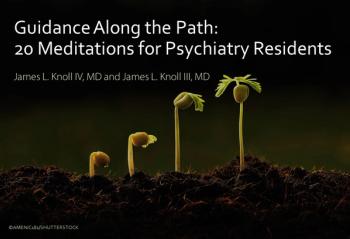
In the spirit of honoring and guiding trainees, the authors provide advice to today’s psychiatric residents-the psychiatric leaders of tomorrow.
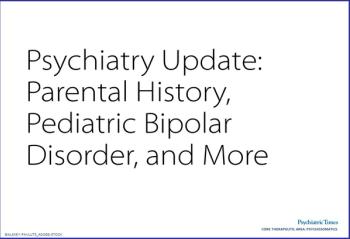
Parental history shapes pediatric bipolar in offspring, no evidence for deterioration in neurocognitive functioning, clinical course predictors identified-these are some of the latest findings in bipolar disorder research.
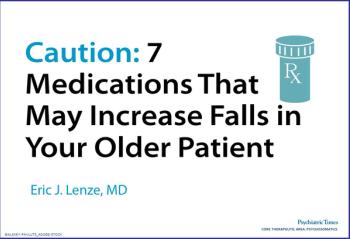
Although not a DSM diagnosis, fear of falling is recognized as a common source of functional impairment and distress. The author presents 7 commonly prescribed medication categories that may increase fall risk in older adults.
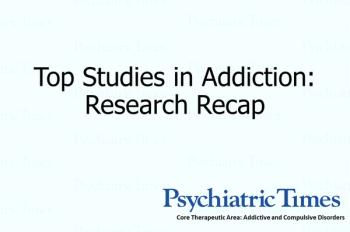
Prescription drug misuse in adolescents is source driven and asking frequency questions identifies problematic substance use are some of the more significant findings.
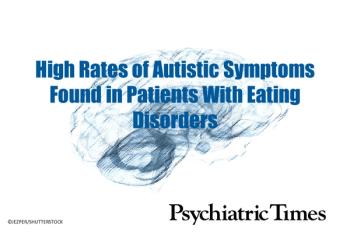
What is the link between restrictive anorexia, anorexia nervosa, and binge eating disorder and ASD? This study sheds some light.
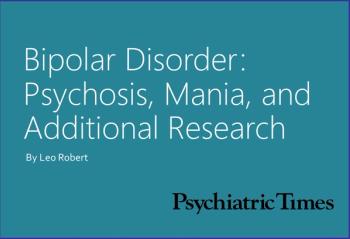
Call for better first-episode mania care, brain activation patterns predict risk, what’s important about atypical antipsychotics- find concise summaries of these and other key developments here.
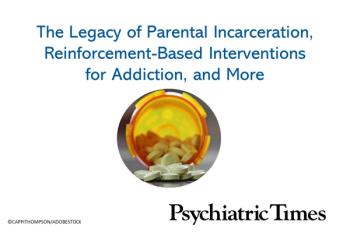
Increased addiction risk in children of incarcerated parents; reinforcement-based interventions may decrease drug abuse; and other key findings are summarized here.
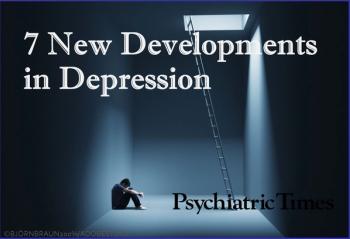
Neurotransmitters may enhance mood-boosting effectS of exercise, cigarette use abstinence efforts going up in smoke, and other recent findings are summarized here.
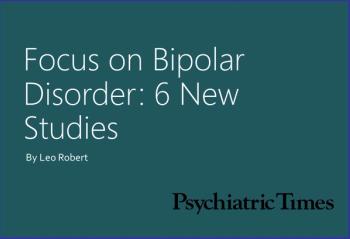
Treatment failure risk is high, new biomarker of conversion from major depressive disorder, depression stifles creativity, and other recent findings are summarized here.
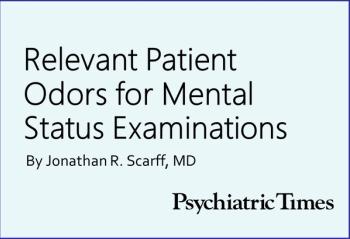
Utilizing our senses-sight, hearing, AND smell-during the patient interview can provide a comprehensive exam and assist in assessment and treatment.
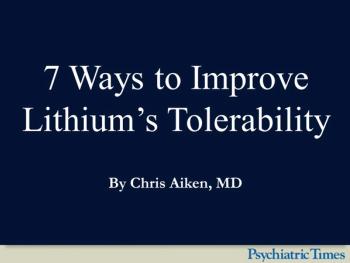
Lithium’s most serious risk is renal insufficiency, and there are at least 3 ways to protect against this adverse effect. This and other tips to ensure safety.
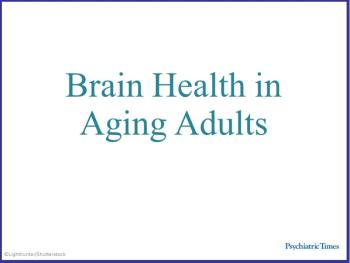
Three studies highlight sedentary behavior and memory, cognitive decline in psychosis, and risk of dementia with anticholinergic drugs.
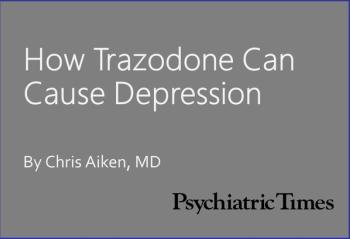
Some patients get more depressed on this antidepressant, but that does not mean they have bipolar disorder.
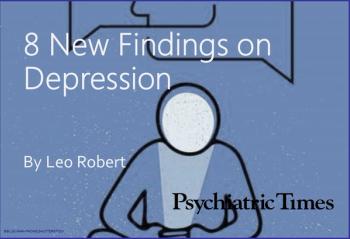
Teen depression rises with screen time, potential new target for novel antidepressants, and more key findings here.
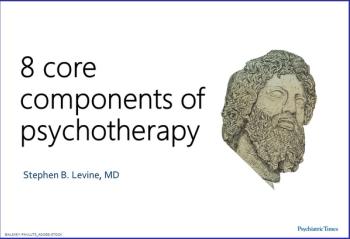
These simple tips may help take the mystery out of the process of psychotherapy and put us in a better position to understand our patients-and ourselves.
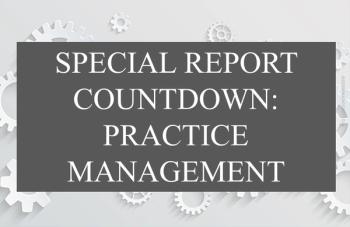
A collection of tools and best practices by psychiatrists who have "been there" to help you develop and structure your own rewarding practice.

Cocaine, psychostimulant, and opioid deaths continue to climb, and polysubstance opioid overdose deaths outnumber opioid-only deaths-these and other reports headline the latest developments.
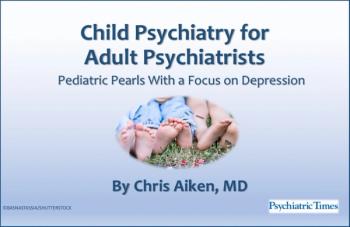
Pediatric pearls with a focus on depression.
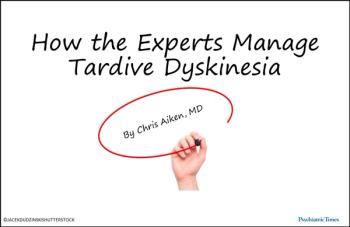
There are a few things that we all agree on, as reflected in a recent consensus statement.
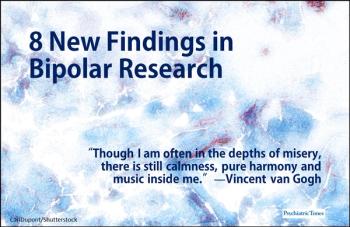
New genes linked with bipolar disorder, predominant polarity guides diagnosis and treatment, affective temperaments explain life events, and other developments here.
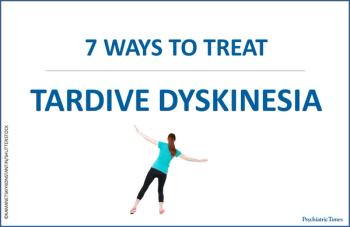
Once thought untreatable, we now have two FDA-approved medications for TD and a handful of off-label options. More in this research update.
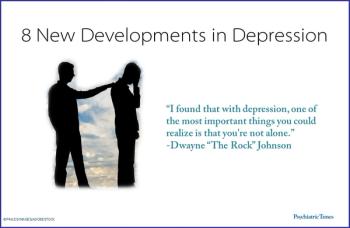
Outpatient treatment sees modest growth, outcome expectancy varies with treatment type and time, “next steps” proposed for depression remission-here’s a brief look at some of the latest findings.
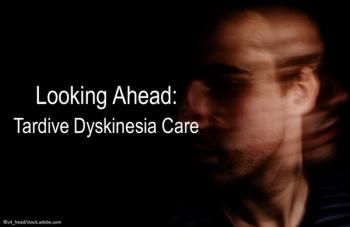
Recent studies and reviews report great progress in bringing TD under control.
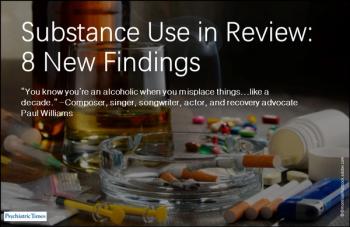
A quick overview of the latest advances in substance use and abuse research.
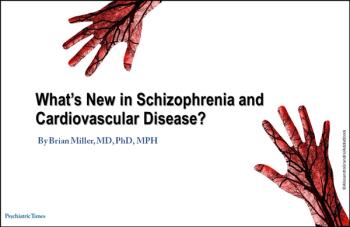
5 questions to test your skills, based on recent findings in the literature.
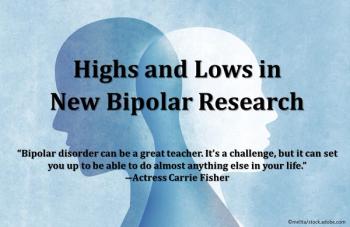
Recent study results offer some good news and some bad. A concise summary of key findings here.
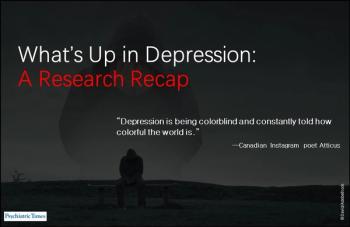
These concise summaries highlight the latest findings and potential remedies.
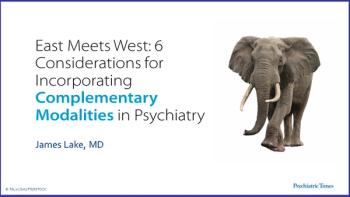
An integrative integrative psychiatrist provides practical guidance for incorporating complementary and alternative medicine into psychiatric practice in the treatment of severe mental illness.
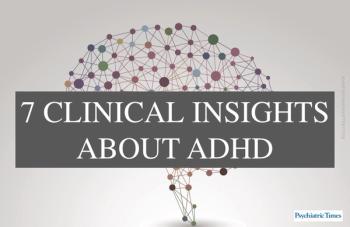
This collection summarizes ADHD as it relates to bipolar disorder and borderline personality disorders; culturally competent care for the African-American population; issues with sleep disorders; and more.